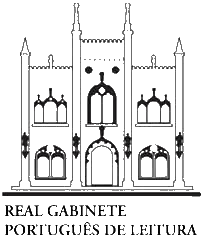A Língua Portuguesa como Utopia: Agostinho da Silva e o Ideal da Comunidade Lusófona
Keywords:
Lusophony, CPLP, Portugal, Agostinho da SilvaAbstract
Since the l 980's decade, the creation of a Community of Portuguese Language Countries (CPLP) became one of the main concerns of Portugal's foreign policy. Concurrently, vast sectors of the Portuguese society became involved in the debate about Lusophony. ln this process, in order to legitimate the CPLP that was then being created, the ideas of some intellectuals who developed various concepts of a "Portuguese-Speaking Community" throughout the twentieth century were recovered. Among those intellectuals stands Agostinho da Silva, one of the most original Portuguese thinkers of the last century. Usually remembered as one of the "founding fathers" of the Community, he developed in severa! of his works a rather original concept of what the Community should be and what role it could perform in the contemporary world order.
Downloads
Downloads
Published
How to Cite
Issue
Section
License
Authors who publish in Convergência Lusíada agree with the following terms:
- Authors retain copyright and grant the journal right of first publication with the work simultaneously licensed under a Creative Commons Attribution-NonCommercial 4.0 International License (CC-BY-NC 4.0) that allows others to share the work with an acknowledgment of the work's authorship and initial publication in this journal.
- Authors may enter into separate, additional contractual arrangements for the non-exclusive distribution of the journal’s published version of the work (e.g., post it to an institutional repository or publish it in a book), with an acknowledgment of its initial publication in this journal.
- Authors are permitted and encouraged to post their work online (e.g., in institutional repositories or on their website) prior to and during the submission process, as it can lead to productive exchanges, as well as earlier and greater citation of published work.

Revista Convergência Lusíada is licensed under a Creative Commons - Atribuição-NãoComercial 4.0 Internacional.









